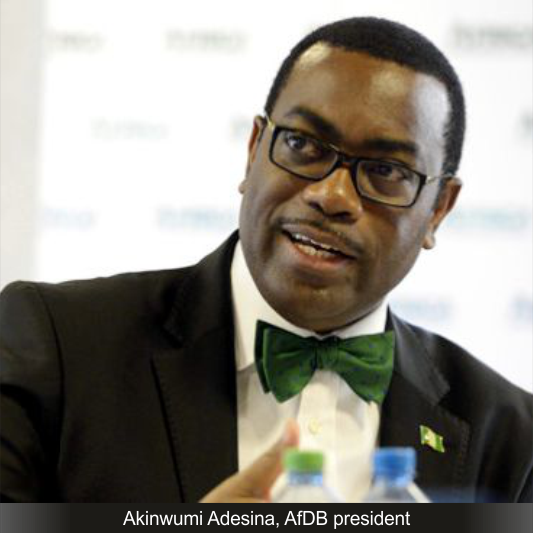Heads of multilateral development banks (MDBs) at the just concluded IMF/World Bank Annual Meetings in Morocco pledged to strengthen their individual and collaborative actions to accelerate inclusive socioeconomic development.
Specifically, to achieve a greater impact, the DMBs agreed to explore innovations to scale up financing capacity, boost climate action, strengthen co-financing and catalyse private sector engagement.
The MDBs represented at Friday’s meeting include the African Development Bank, Asian Development Bank, Asian Infrastructure Investment Bank, Council of Europe Development Bank, European Bank for Reconstruction and Development, European Investment Bank, Inter-American Development Bank, Islamic Development Bank, New Development Bank and the World Bank Group.
The institutions jointly stated after the meeting that “to rise to the challenge, we reiterate our commitment to make critical reforms to strengthen our financing capacity, to increase the speed and agility of our operations, and to improve the way we work together to maximise our impact as a system.”
The banks disclosed that they had identified Capital Adequacy Frameworks measures which, with strong contributions from shareholders and development partners, could potentially yield $300-400 billion in additional lending headroom over the next decade.
MDBs, working in collaboration with other development partners, can offer substantial leverage, deep knowledge and expertise, and an unparalleled proximity to governments and those most in need.
They lamented that progress towards achieving the Sustainable Development Goals (SDGs) had been “painfully slow,” while climate emergencies had intensified around the globe, hitting the most vulnerable the hardest.
The DMBs further stated: “We, heads of Multilateral Development Banks, recognise the collective role we need to play in response to the global challenges and the efforts that will put us on track towards achieving the SDGs”, noting that a much scaled-up global effort is required to eradicate poverty, accelerate inclusive socioeconomic development, and tackle trans-boundary challenges.
At their recent meeting in New Delhi, G20 Leaders noted that the 21st century requires an international development finance system that is fit for purpose, putting MDBs at the centre of solutions to global challenges. They endorsed the need for “better, bigger and more effective MDBs.”
African ministers at the 2023 Annual Meetings, which took place in the Moroccan city of Marrakech, the first time in Africa after 50 years, and at a time developing nations, particularly those in Africa, urgently need more development finance to help ease strained government budgets and increasing debt levels, welcomed the G20 recognition.
They maintained that they took the vote of confidence with high responsibility and vowing to step up their individual and collective actions.






